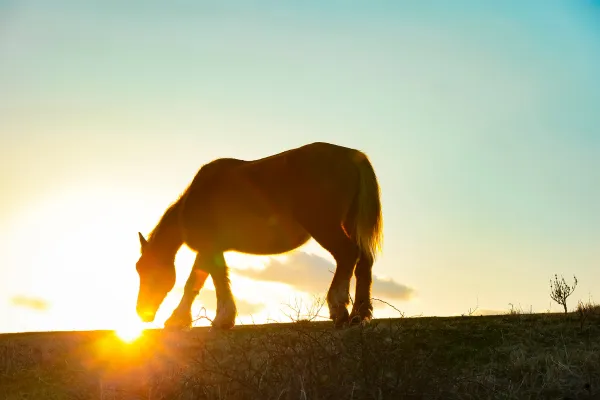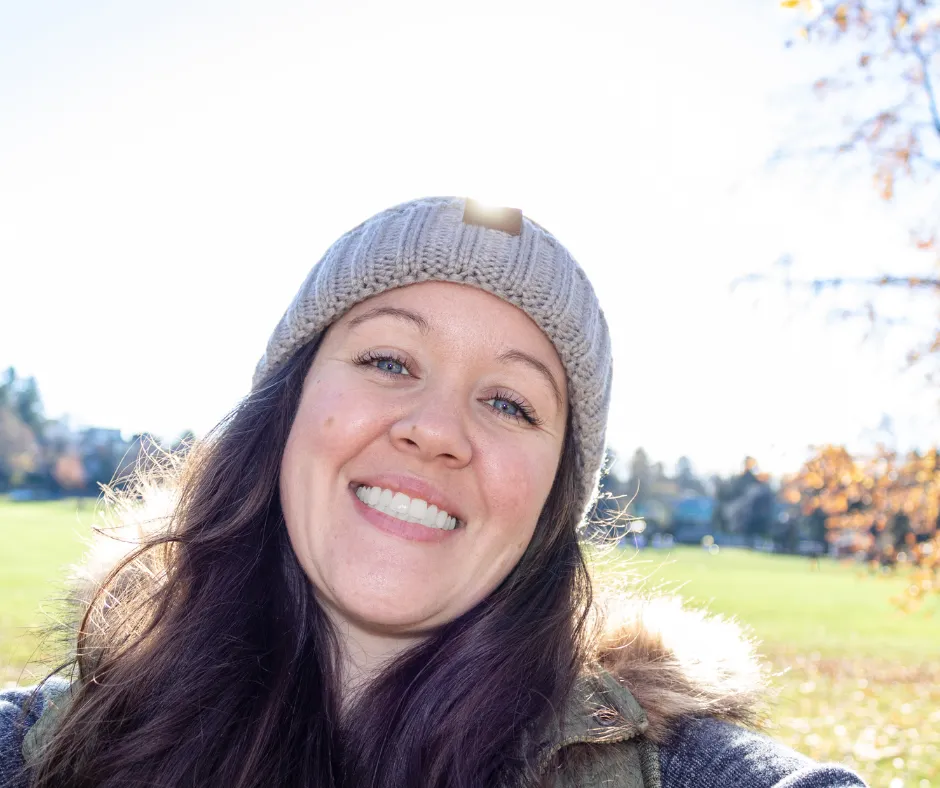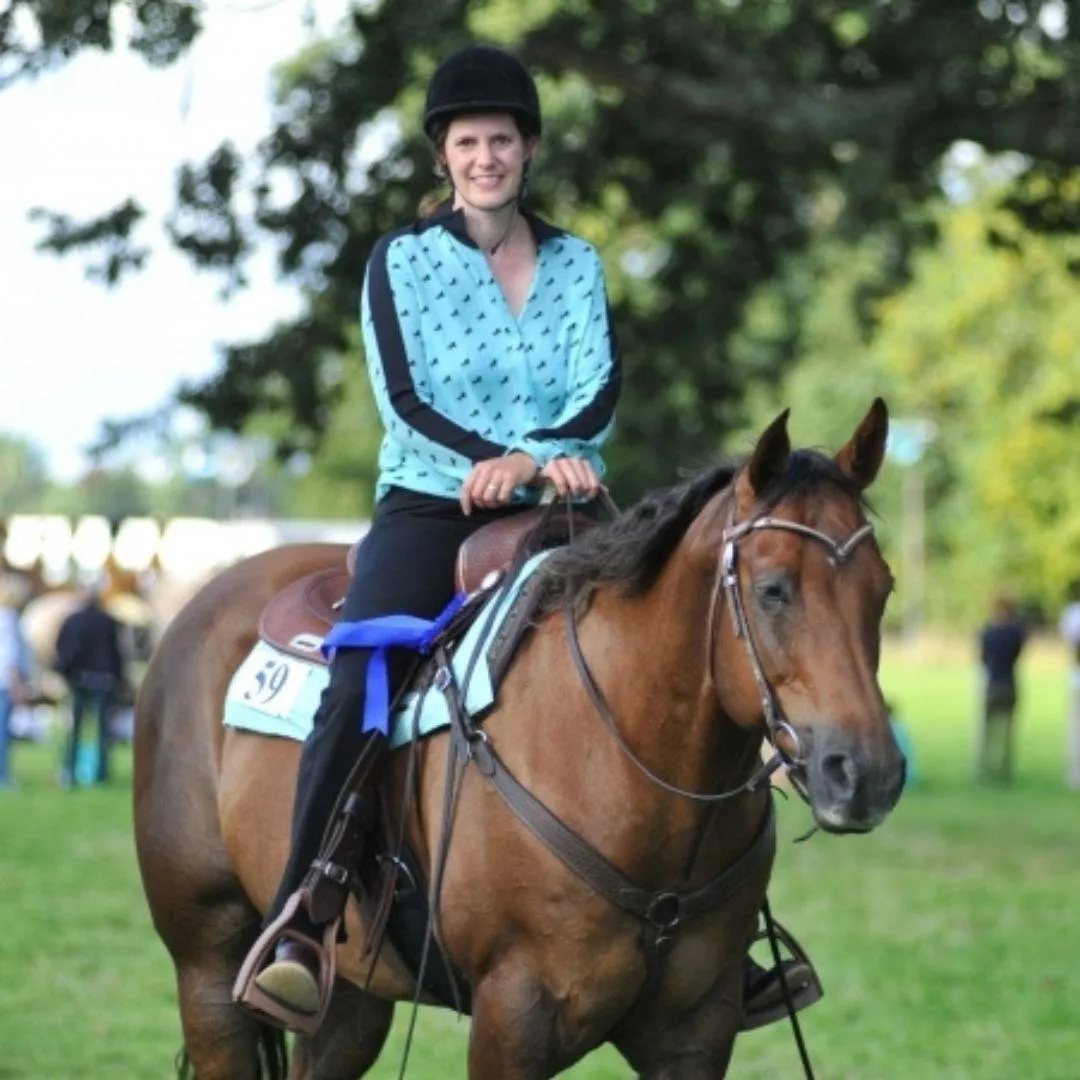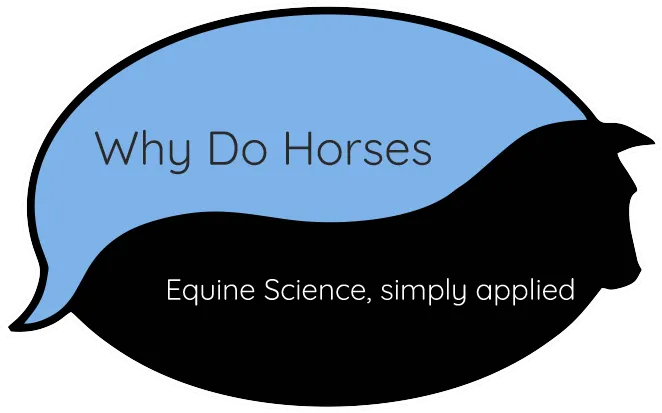Love Reading?
Articles
Find our blog posts and media articles all in one place!

How to Find the Best Trainer for Your Horse
Choosing the right horse trainer can feel overwhelming. With so many options out there, how do you know who really understands your horse—and who’s just repeating old routines?
Whether you're dealing with tricky behaviour or looking to fine-tune your groundwork or ridden skills, the right trainer can make all the difference. Here’s how to find someone who truly supports both you and your horse 🧡
1. 🎭 Don’t Be Fooled by the Façade
A pretty website or popular Instagram feed doesn’t guarantee real-world skill. Take a look beyond the branding:
✅ Do they talk about horse behaviour?
✅ Are they open about their horse training techniques?
✅ Can they explain how horses learn in a way that makes sense to you?
A great trainer will be clear, honest, and happy to answer questions.
2. 🧠 Look for Learning Theory Know-How
Whether a trainer uses reward-based training (positive reinforcement), pressure and release (negative reinforcement) or a combination, they need to understand how horses learn.
The best horse trainers don’t just "do what works"—they know why it works. That knowledge creates better results and a more ethical, effective training journey.
🔍 Even if you're not using reward-based training yet, your trainer should have a solid grasp of pressure-release methods grounded in science—not tradition.
3. 🐎 Behaviour Matters
Struggling with aggression, anxiety or fear responses? Not all trainers are equipped to handle these issues. If your horse’s challenges go beyond basic training, it’s time to seek a horse behaviour specialist.
💡 A great place to start? The Animal Behaviour and Training Council (ABTC). It’s the UK’s only organisation that holds a verified register of accredited, science-based professionals.
4. 👀 Watch Before You Book
Before signing up, ask to observe a session or a video of them training. Pay attention to:
🔸 The tone the trainer uses
🔸 Whether they adjust their approach to suit the horse
🔸 The body language and emotions of the horse during the session
You’re looking for calm, responsive, adaptable support—not a one-size-fits-all method.
5. 📚 Pick Someone Who’s Still Learning
Great trainers never stop learning. Science moves forward—and so should our methods.
Ask:
🗨️ "How do you stay up to date with current horse training techniques?"
🗨️ "Do you work with vets or behaviour specialists if needed?"
🗨️ "What happens when something isn’t going to plan?"
These questions reveal whether a trainer is reflective, progressive and focused on doing what’s best for your horse.
✨ Final Thoughts
The best horse training programmes don’t come with a magic formula. They come with empathy, education and adaptability.
Your horse deserves a trainer who:
💬 Communicates clearly
🐴 Understands equine behaviour
📖 Uses proven methods, not just tradition
🧡 Puts your horse’s welfare first
Start your search with the ABTC, and remember: a truly great trainer listens—to both horse and handler.
Blog Posts Straight to Your Inbox!
What do clients say?

Amy D

We had an intro session on clicker training with Louise, it was fabulous, very informative. After reading up about clicker training and getting a bit confused with all the different approaches, Louise made it very clear and explained it all thoroughly.

Eiddwen S

I contacted Why Do Horses for help with issues I was having travelling my horse. During our sessions I found myself wanting to learn more about equine behaviour and body language and I have realised I was missing a lot of knowledge. Why Do Horses have changed my entire outlook on horse training and behaviour, this is something for which I will be forever grateful!

